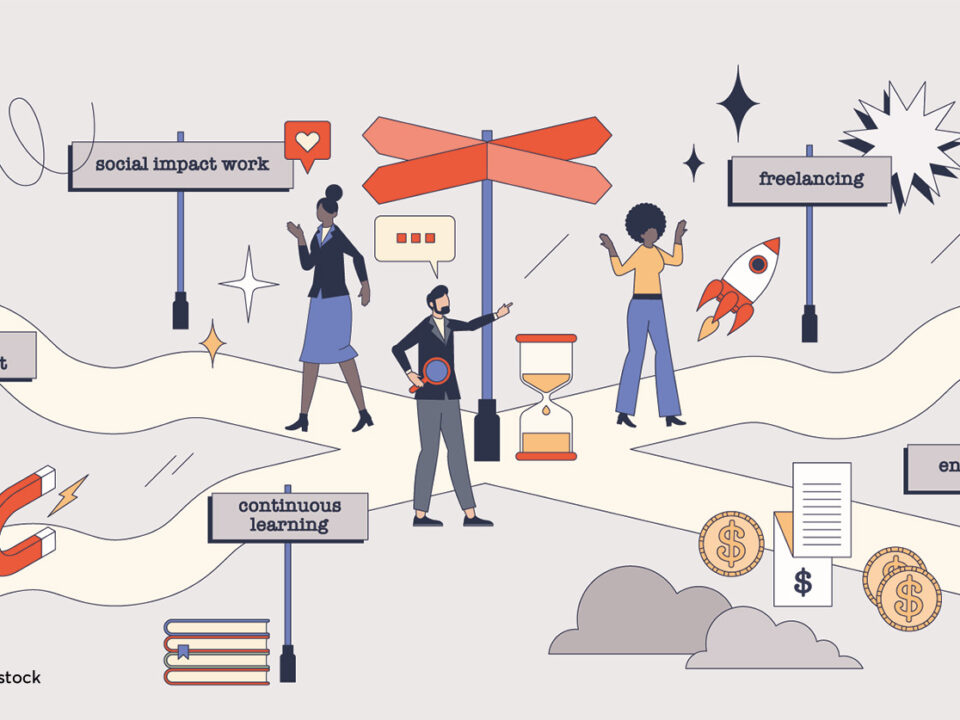The GSEE and its Labour Institute (INE GSEE) recently published the results of a special public opinion survey titled ‘Indicators of Labour Market Conditions’. Private-sector employees responded to the survey, allowing for recording/measurement and benchmarking of indicators concerning the development of wages, job security and remote work.
The survey was carried out with a large Greece-wide sample, from 8 to 12 January 2021, and is essentially a follow-up to a similar survey carried out in October 2020. The data provide a snapshot of the financial and labour-related repercussions of the pandemic for private-sector employees. The survey reflects the tension in the general economic and job-security climate, as well as the increasing concerns over unfavourable changes in wages and labour rights that may result from the period of the pandemic.
More specifically, the findings are as follows:
- 56% (some 6 out of 10) respondents report a reduction in their income during the pandemic, and of that 56%, 22% report a loss of income of over 31%, while 14% report a loss in income ranging from 21% to 30%.
- 48% percent of respondents who reported a loss of income say they are pessimistic about the development (return to pre-pandemic levels) of their wages over the next 6 months (+1% compared to October 2020).
- 39% percent of respondents are optimistic that they will keep their jobs over the next 6 months (+1% compared to October 2020).
- 48% percent of respondents report that they have worked remotely during the pandemic, negatively assessing the fast growth of remote work with regard to the following variables: the number of hours they work (65%), their labour rights (54%), their mental balance (54%), their personal lives (52%), their professional growth (40%), and the development of their wages (also 40%).
- Finally, 56% of respondents say they are pessimistic about the general direction the country will take in the coming months.
The key issues highlighted by the survey have to do with the worrisome fall in employee incomes during the pandemic, due to suspension of jobs and wage reductions implemented by businesses.
Employees have serious concerns about the management of risks that will arise post-pandemic, in the form of the imminent new employment crisis that will have additional recession-related repercussions for the Greek economy, which is already reeling from a ten-year crisis. The combination of reduced wages and reduced employment will result in a further drop in consumer spending, inevitably extending the recession.
It is important to note that the majority of employees feel anywhere from cautious to negative about remote work – which became prevalent virtually overnight – suggesting that its unregulated use will negatively impact major parameters in their personal, professional and financial lives and careers. This finding should come as no surprise, given that there is essentially no institutional framework for regulating remote work.
In this context, the public health crisis is functioning as a magnifying glass, revealing the inherent weaknesses and distortions in our country’s labour market. It is now a truism that the policy interventions of recent years, which saw labour as a burden and a hindrance to competitiveness and growth, have not only failed to vindicate their authors, but have actually done lasting damage to the labour market, the economy and society. The reality is that, for almost two decades now, employees have become ever more exposed to the repercussions of growing economic and social instability, having lost more and more of their institutional protection. In essence, the current concerns of workers in our country stem from the ongoing lack of investment in the workforce and the weakening of their institutional protection.
In conclusion, the data in the INE survey point to the repercussions of an ongoing fragmentation and chronic downgrading and deregulation of a labour market functioning within a weakened and sluggish productive system. The continued blocking of the potential for independent collective bargaining between unions and employers is proving to be an obsession that serves the interests of very few people, given that now, more than ever before, the labour of millions of wage-earners has been downgraded to provisional and precarious in the long term. Strengthened mechanisms for controlling labour conditions and the quality of labour, along with the necessary reform of the productive process to one based on the quality and development of the workforce, are key parameters for the country’s transition to sustainable paths to development. It is time to bolster the essential social debate on setting and increasing the minimum wage and converting it to a decent living income mechanism.
image source: Engin Akyurt
-
 Christos Goulas
Christos Goulas
PhD, Director of the Labour Institute of the General Confederation of Greek Workers (GSEE)




